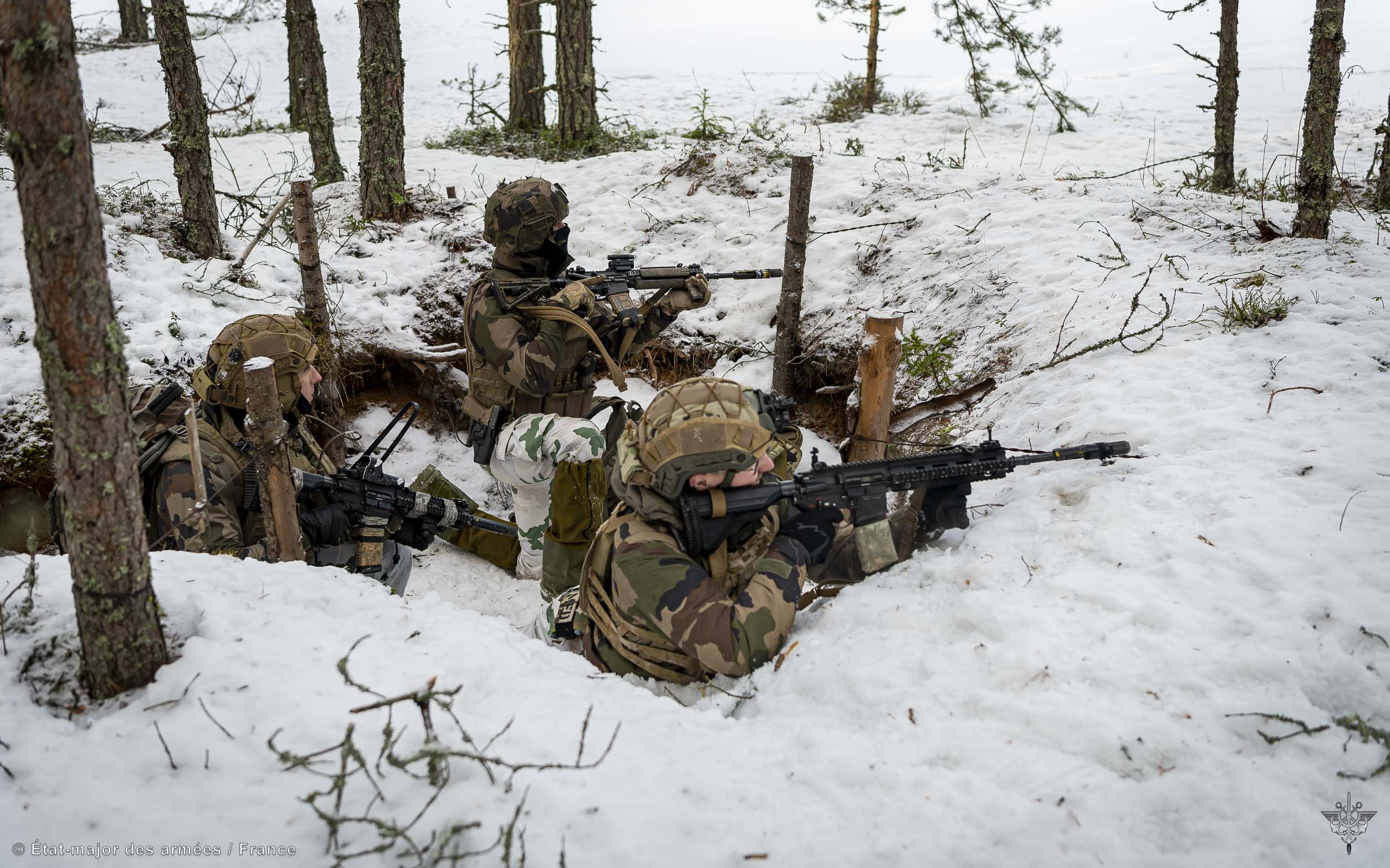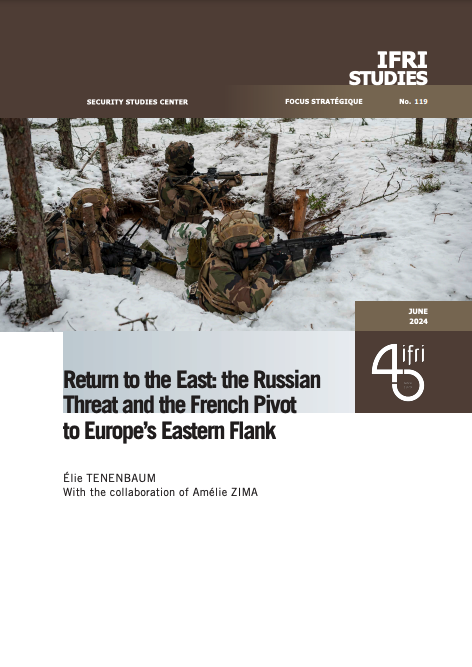Security Studies Center
Heir to a tradition dating back to the founding of Ifri, the Security Studies Center provides public and private decision-makers as well as the general public with the keys to understanding power relations and contemporary modes of conflict as well as those to come. Through its positioning at the juncture of politics and operations, the credibility of its civil-military team and the wide distribution of its publications in French and English, the Center for Security Studies constitutes in the French landscape of think tanks a unique center of research and influence on the national and international defense debate.
Read more


Director of the Security Studies Center
Related research programs
Publications
See all our interventions
Flagship Publications
Titre Bloc Axe
Research areas
See all our interventions
Titre Axe de recherche
Wars and Conflicts
The geography and modalities of wars and armed conflicts evolve according to the international system. If irregular wars and asymmetric conflicts persist, high-intensity wars are increasing while crises take new forms under the effect of hybrid threats.
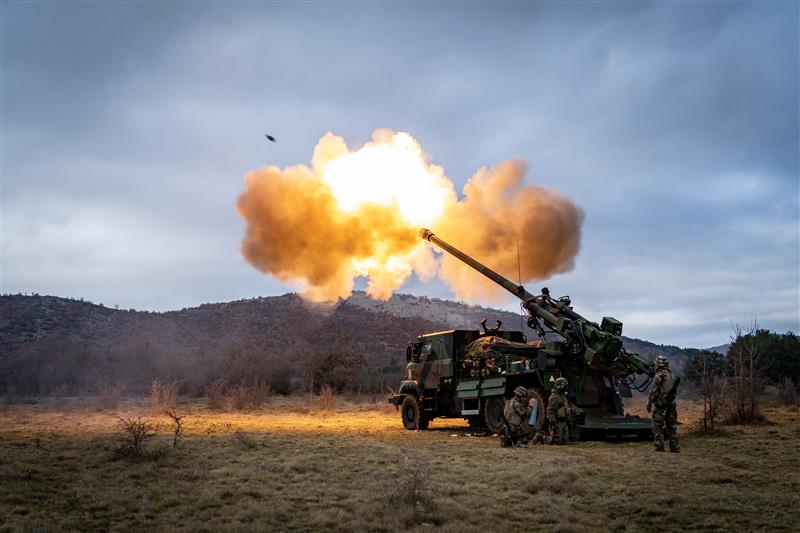
Titre Axe de recherche
International Security and Defense Policy
The analysis of international security issues involves studying the security and defense policies implemented by States in light of the dynamics of cooperation or competition. It must also integrate the role of international organizations and non-state actors.
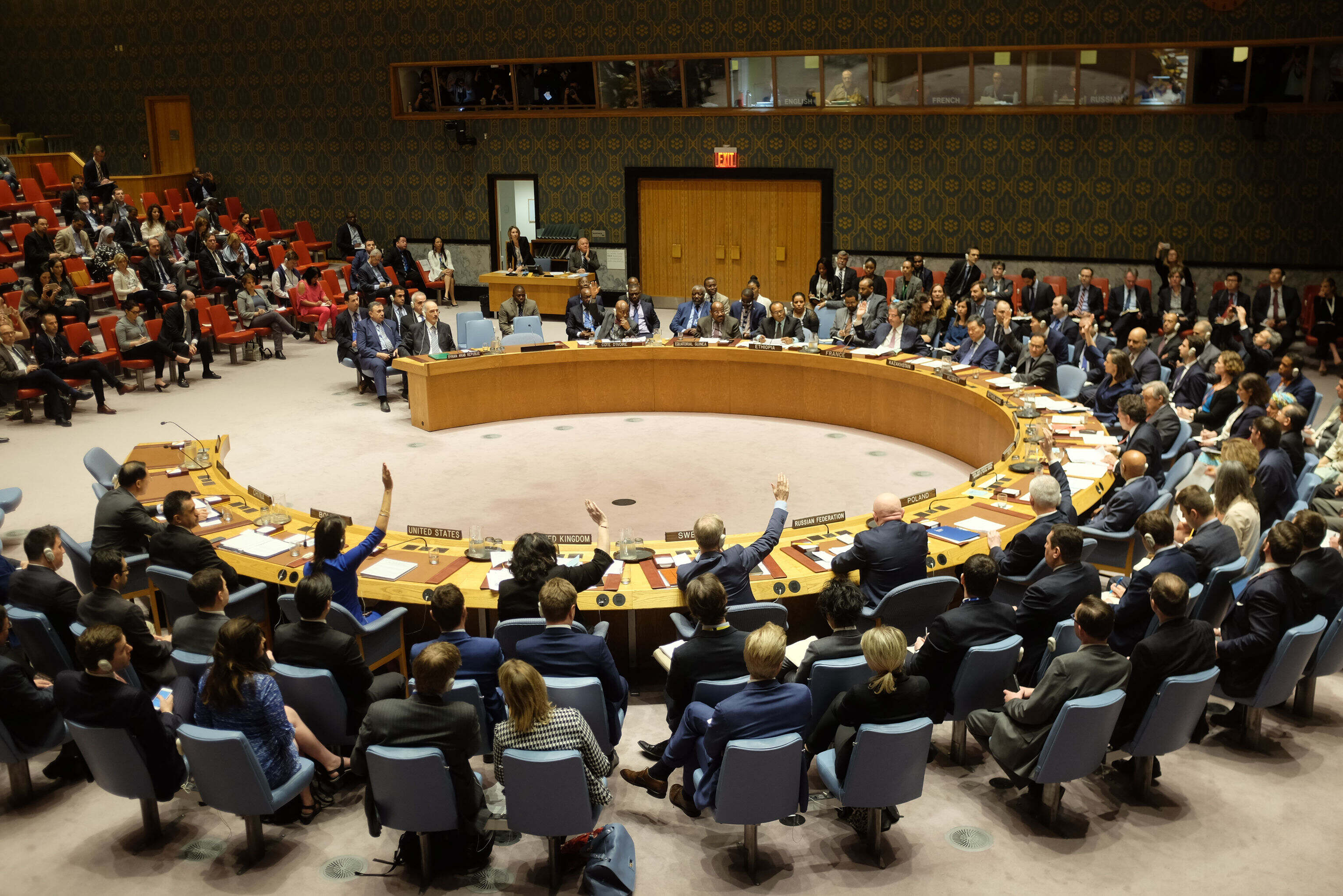
Titre Axe de recherche
Armament and Defense Technology
Contemporary armies are increasingly defined by their ability to innovate and integrate cutting-edge technologies such as cyberweapons, space systems, or even drones and artificial intelligence, which pose new operational and ethical challenges for combatants.
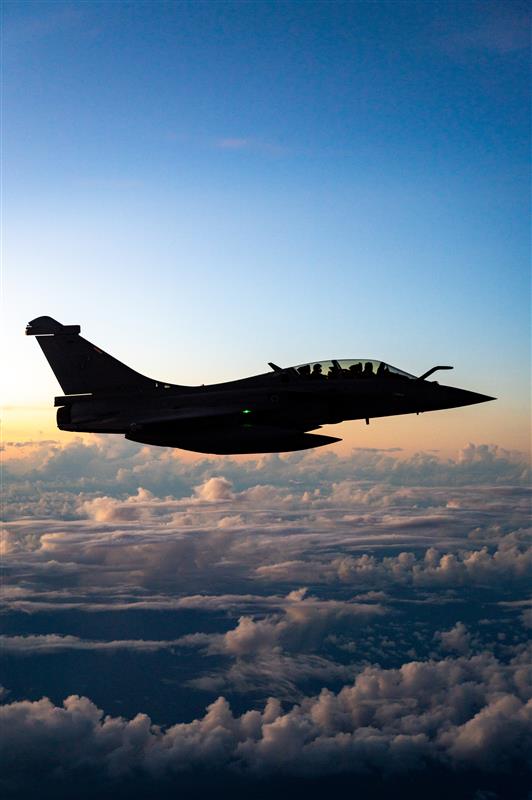
Titre Axe de recherche
Military Strategies and Armed Forces
As military competition increases, armies transform and adapt their strategies. Doctrine, organization, equipment and training are key axes for understanding the evolution of land, air and naval forces.
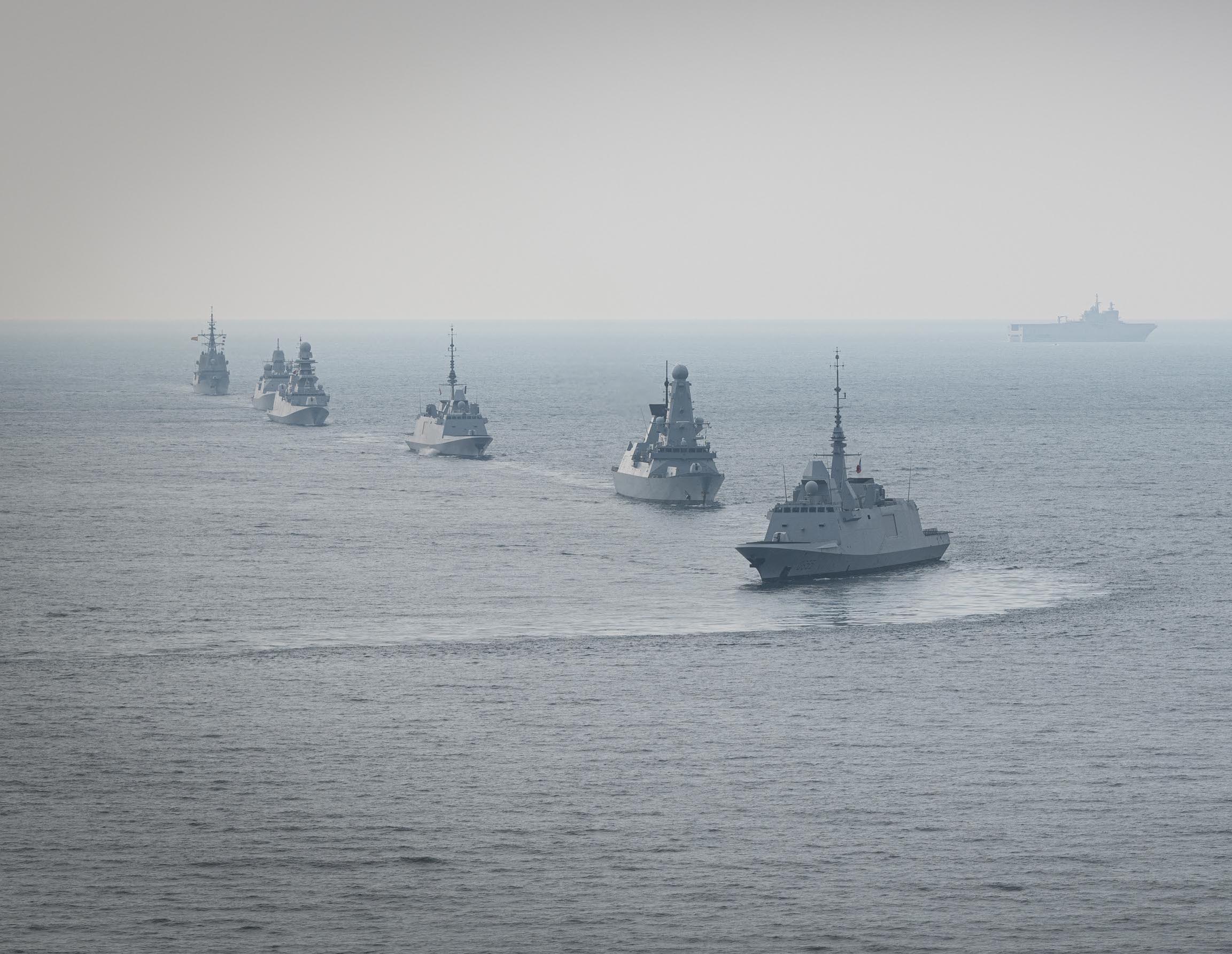
Publications
Les mutations du renseignement militaire : dissiper le brouillard de la guerre ?
Military intelligence has evolved significantly as a result of advanced technology and the changing character of war.

Beyond national styles. Towards a connected history of Cold War counterinsurgency
This book is a major new study of the extent to which national mentalities, or 'ways of war', are responsible for 'national styles' of insurgency and counterinsurgency
The Future Middle East Strategic Balance. Conventional and Unconventional Sources of Instability
This paper seeks to analyze the future Middle Eastern military balance of power, in a time horizon of five to ten years.
L'avenir de la surprise tactique à l'heure de la numérisation
Surprise is a crucial dimension of military tactics, which stems from incertitude inherent to war.
War and Democratic Decision Making: How do Democracies Argue and Decide Whether or Not to Intervene in Distant Wars?
What is the proper place and forum for decisions about war and peace in a democracy? There is surprisingly little consensus on this matter, not in theory and not in practice. While in Iraq, Libya and Syria, all Western actions have ended in failure, it seems necessary to analyze the place and importance of this aspect of the democratic decision making.
La Sentinelle égarée ? L’armée de Terre face au terrorisme
The 2015 terror attacks in France and the ensuing activation by the Ministry of Defense of its homeland protection plan opened a new phase in the long history of the French Army’s involvement in internal security.
Retours sur Sangaris. Entre stabilisation et protection des civils
In December 2013, France launched its operation Sangaris in the Central African Republic. What conclusions can be drawn for the stabilization of the country and the protection of civilians?
La sécurité énergétique des armées françaises. Le soutien pétrolier à l’heure de la transition
Ever since its inception on the eve of World War One, the concept of securing fuel supply has consistently proven its vitality to military operations.
Forces terrestres et réassurance : Quelles options pour l'Alliance ?
Born into the Cold War, the very notion of ‘reassurance’ was revived in the wake of the 2014 Ukraine crisis as NATO had to label the measures destined to reassert the lasting relevance of collective defense towards its member states.
The Challenges of Maintaining Nuclear Cultures : US and UK perspectives
After the world entered the nuclear age, civilian and military organizations have witnessed the slow emergence of nuclear cultures, defined as the set of values and knowledge, shared among the national security community, about the relative importance of nuclear weapons in the country’s defense posture, the distinctive features of nuclear weapons in terms of security, safety and operational requirements, and the workings of deterrence.
The Team

Our research fellows: Security Studies Center
Support independent French research
Ifri, a foundation recognized as being of public utility, relies largely on private donors – companies and individuals – to guarantee its sustainability and intellectual independence. Through their funding, donors help maintain the Institute's position among the world's leading think tanks. By benefiting from an internationally recognized network and expertise, donors refine their understanding of geopolitical risk and its consequences on global politics and the economy. In 2024, Ifri will support more than 70 French and foreign companies and organizations.
















